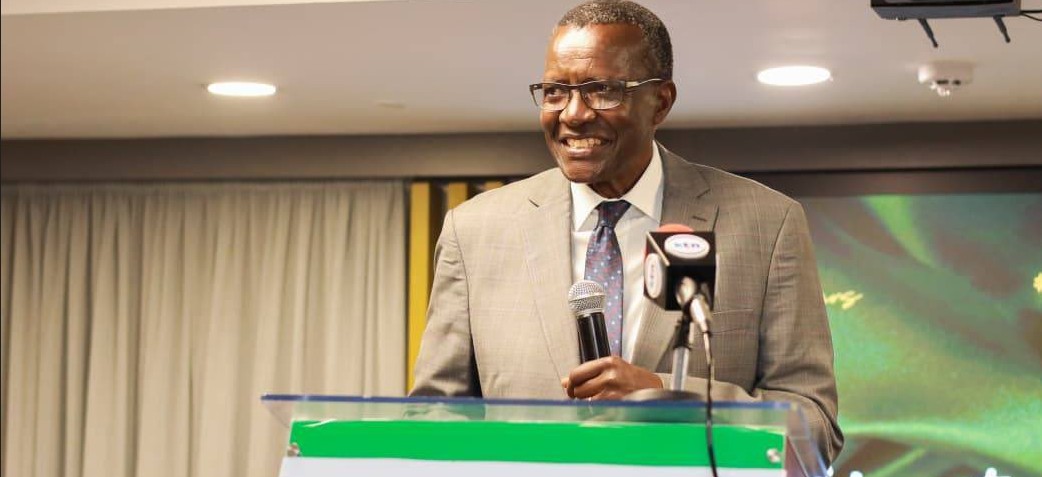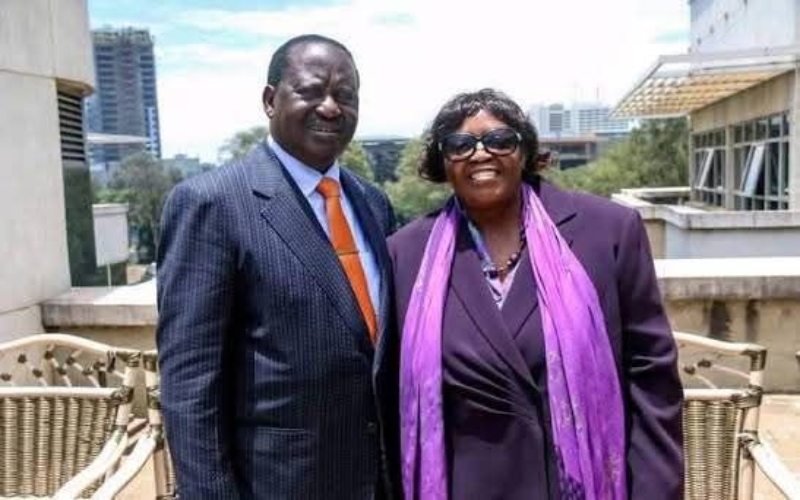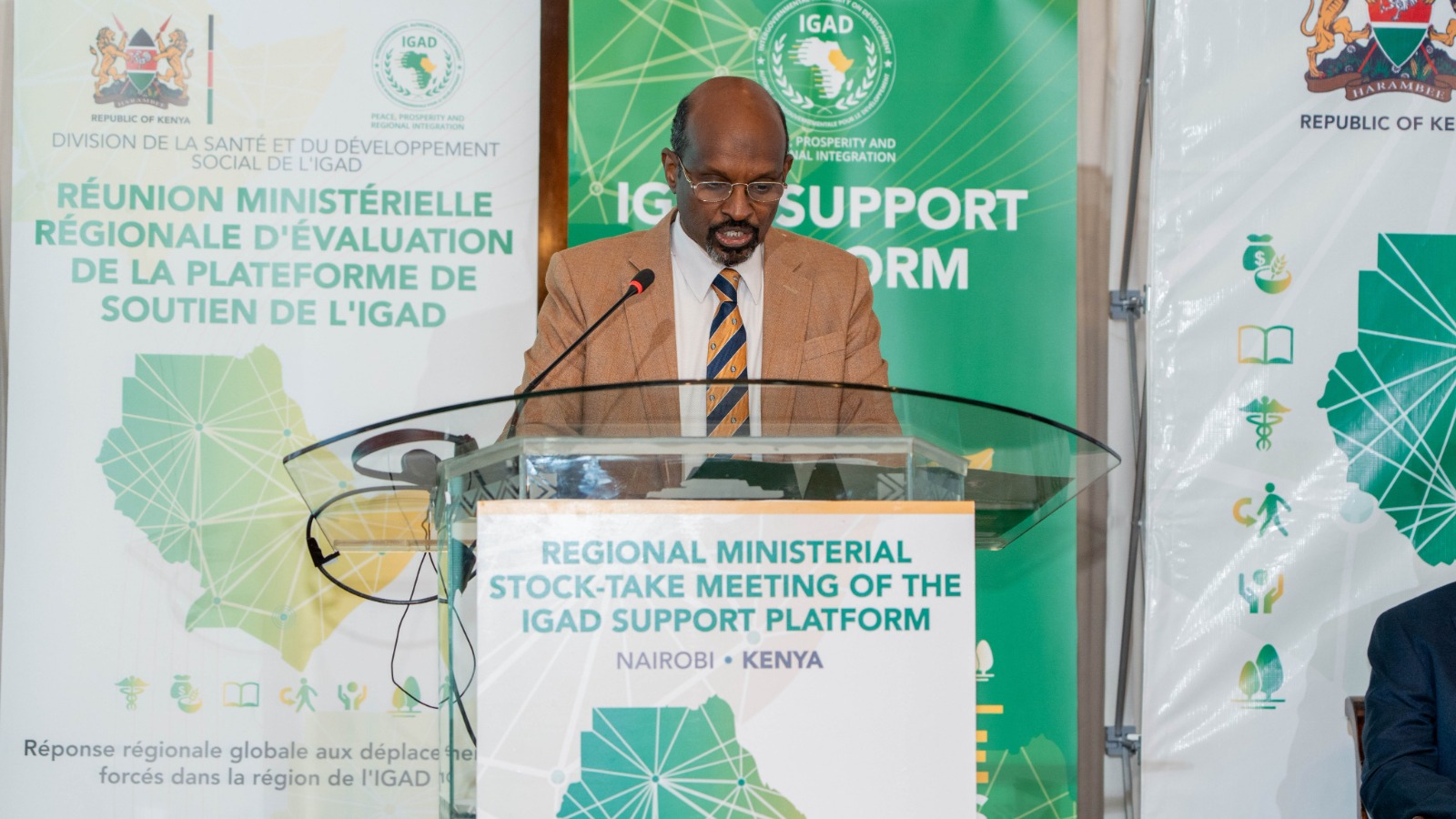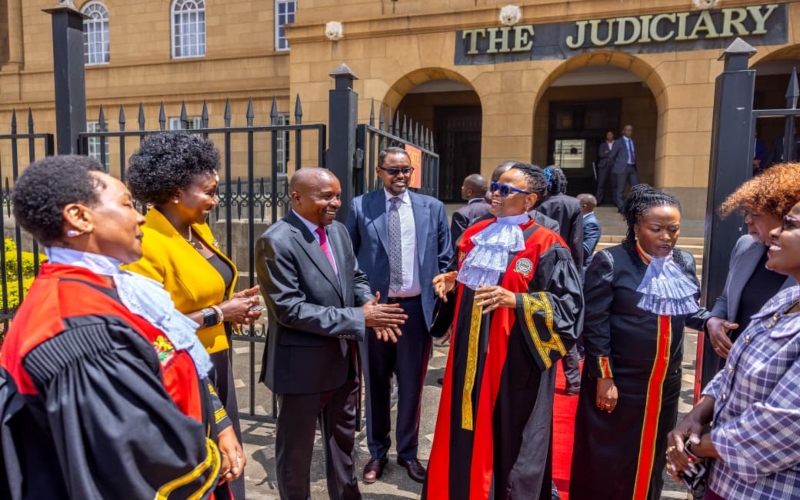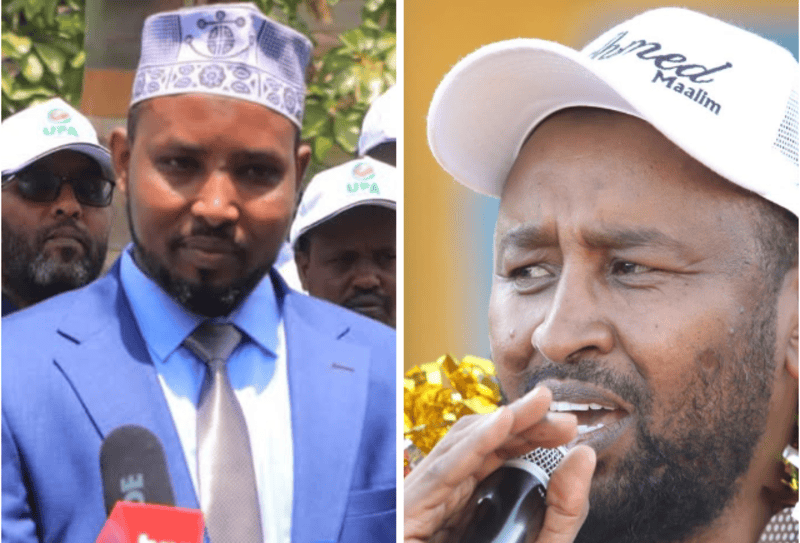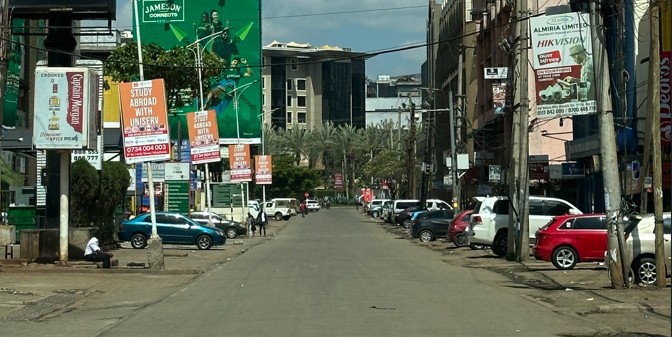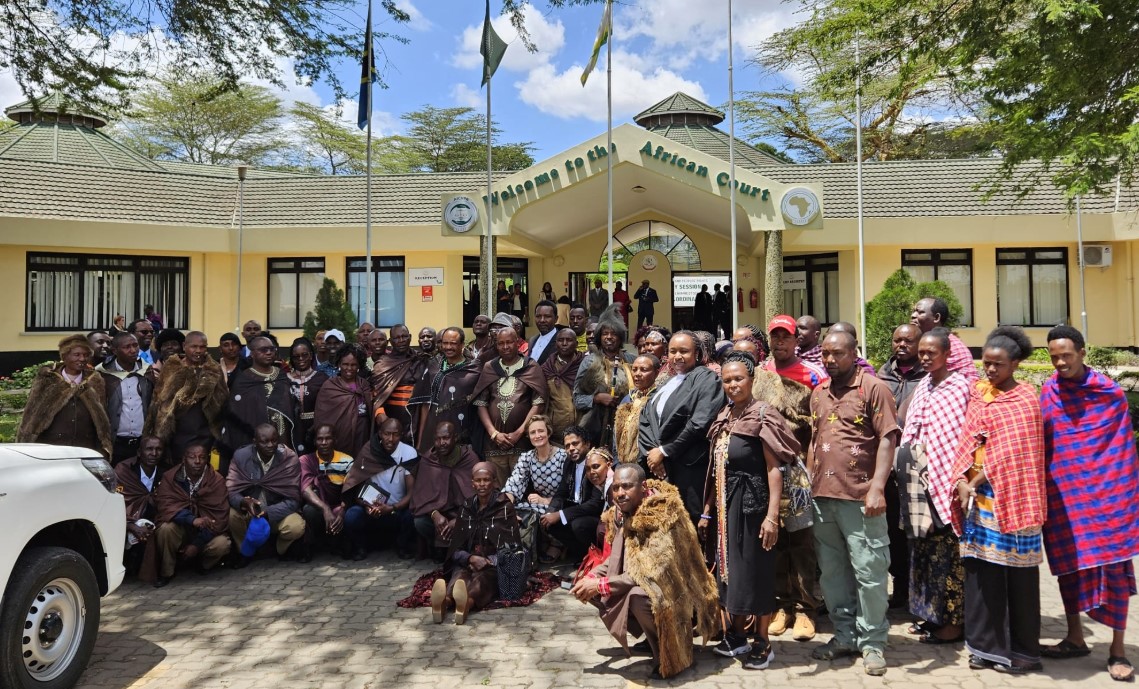Convictions in murder cases bring hope in campaign to end femicide in Kenya
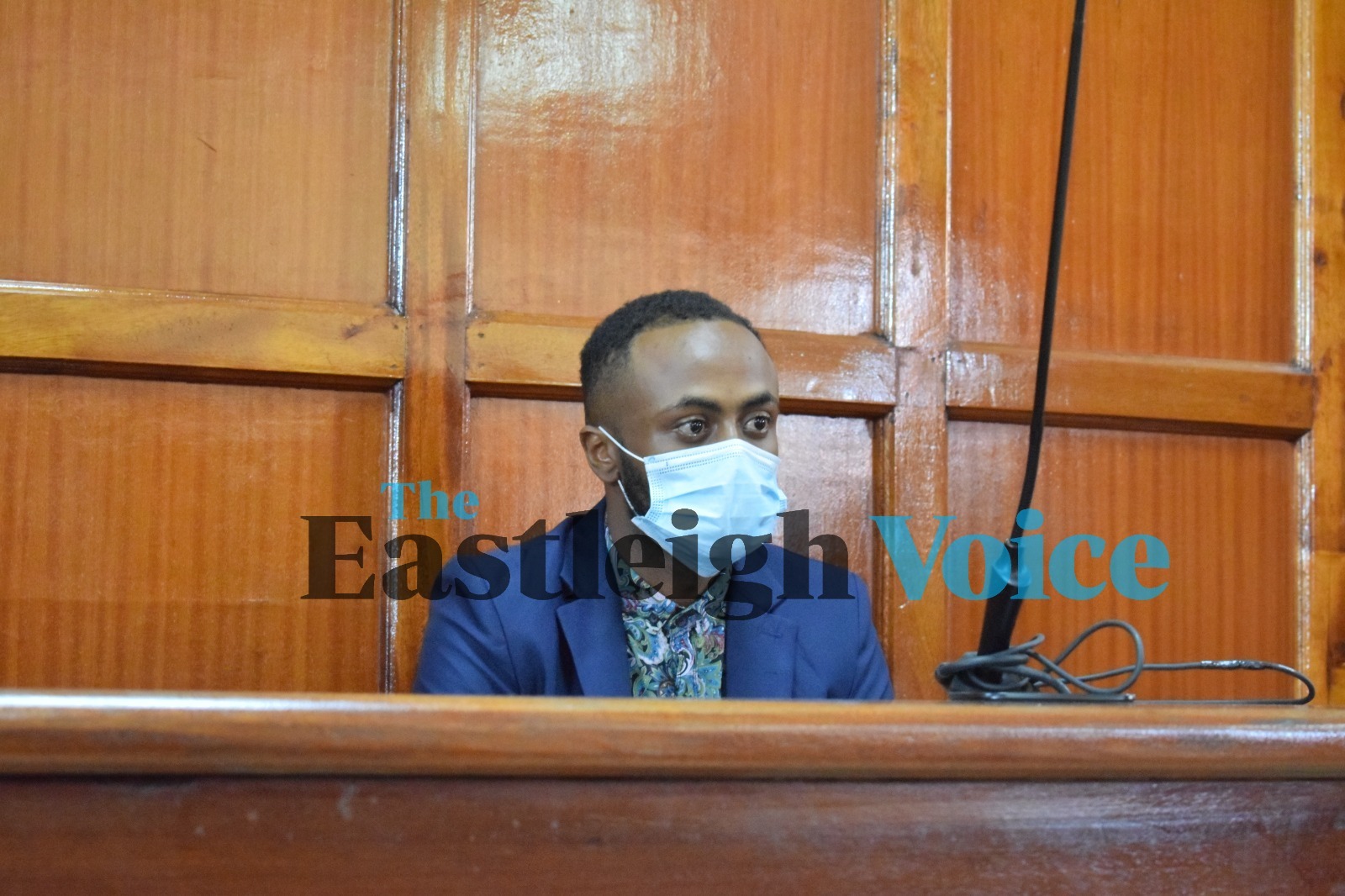
MP Wa Muchomba says the country lacks sufficient forensic labs for use in collecting, analysing and storing scientific evidence for use in cases of femicide and gender-based violence
The sentencing to death of high profile murder convict Joseph Irungu alias Jowie for killing businesswoman Monica Kimani, and the jailing for 30 years of former Riruta MCA Samuel Njoroge for the murder of his wife Lucy Njambi are some of the incidents that bring hope in the campaign to end femicide in Kenya.
Although the trial leading to the conviction and sentencing of the two was lengthy and discouraging, Githunguri MP Gathoni Wa Muchomba says their incarceration and the pre-trial detention of suspected serial murderer John Matara is a sign that the campaigns to end femicide are yielding fruit.
More To Read
- North Eastern Commissioner urges multi-sectoral cooperation to bolster regional security
- UN warns AI, anonymity fuel violence against women online
- Ending violence against women ‘a matter of dignity, equality and human rights’
- Gender CS Cheptumo calls for collective action against teenage pregnancies
- Sarah Wairimu charged afresh over false passport claim
- Detectives face CCTV setback as hunt for lawyer Kyalo Mbobu’s killers intensifies
Jowie was jailed on March 13, 2024 and Njoroge on April 14, 2024 by the High Court in Nairobi and Kiambu, respectively, following their convictions for the gruesome murders of the two women.
Kimani was slit in the neck, nearly beheaded and left to die inside her house in Kilimani, Nairobi while Njambi was doused with sulphuric acid which burnt her to death at a farm off Kiambu Road, near her home.
Two months before the two were incarcerated, Matara had already been denied bail by Justice Kanyi Kimondo of the High Court in Nairobi in February 2024 after denying murdering socialite Starlet Wahu whom he was accused of killing at a house in South B, Nairobi on January 4, 2024.
Sergeant Alex Chokera of the Directorate of Criminal Investigations (DCI) Makadara offices had urged the High Court to deny the suspect bail, citing the possibility of Matara continuing to commit similar crimes if released from custody. Justice Kimondo remanded him in custody during the trial which he said will be hastened.
Jowie killed Kimani on the night of September 18, 2018 and was charged with the murder three weeks later, on October 15.
Njoroge had killed Njambi on January 24, 2018. He had colluded with his lover Joyce Njambi Mungai and associate Wilson Mwangi Munyua to murder the deceased. The trial of the convicts in both cases took six years.
Positive milestones
MP Wa Muchomba says these three cases are an indication that women's rights activists are making positive milestones in the campaigns to end the murders of women but a lot needs to be done.
“The public noises we made send a message to the Judiciary on the need to take these cases seriously and conclude them. I was in court when the judge said he would deliver judgment in four months because he had been transferred and we said no, demanding the duration to be shortened,” said Wa Muchomba.
The litigants did not wait for the period to receive the much-awaited judgement and the MP attributes this to activists’ agitation on social media.
However, the lawmaker says it appears only the Judiciary is taking the femicide matters seriously, lauding Chief Justice Martha Koome for responding to women’s call over the issue.
For instance, the MP says the country lacks sufficient forensic labs for use in collecting, analysing and storing scientific evidence for use in cases of femicide and gender-based violence, adding that the country also lacks enough forensic experts for such duty and this cannot be blamed on the Judiciary.
“Parliament should consider requisite budgetary allocations to enable the availability of these facilities. For instance, we need a forensic expert in every police station and each level 4 hospital, and an equipped forensic lab in every county for gathering and storing the evidence needed in these cases,” she says.
She says these cases should not be handled only by clinical officers and other medics without the presence of forensic experts to ensure the protection of the evidence.
Chauvinists and misogynists
She faults the police leadership which she termed as full of extreme chauvinists and misogynists who do not see the essence of women's campaign for safe spaces.
Florence Machio of Population Action International (PAI) supports Wa Muchomba’s sentiments, indicating that lengthy trials of suspects make survivors, victims and their families give up on seeking justice because of the long time the cases are taking in courts.
Machio says there is a need for a correlation between the prosecutors and the Judiciary to ensure that prosecution of cases of this nature is expedited to warn the perpetrators through prompt punishments as opposed to when the punishments are delivered long after the incidents are forgotten.
“The CJ set up specialised SGBV courts but failed to set timelines for the determination of cases. For instance, we have election petition cases which have timelines and this should be the case in the SGBV cases,” says Machio.
Machio is hopeful that the taskforce formed by President William Ruto on December 17, 2024, to develop a comprehensive approach to combat gender-based violence will find better-informed ways of dealing with the menace.
More killings
However, despite the jailing of the convicts and incarceration of Matara, more women have been killed.
For instance, 21-year-old Jomo Kenyatta University of Agriculture and Technology (JKUAT) student Rita Waeni was chopped into pieces at a short-stay rental apartment in Kasarani, Nairobi, and Nelvin Museti was killed in her house in Lang’ata, Nairobi in January 2024.
Museti was killed and thrown over her house’s window in circumstances that had initially suggested that she had died by suicide before DCI investigations revealed she had been murdered.
Four Eastleigh women were also killed in October and November last year and their bodies were dumped in different places in Nairobi and Machakos, allegedly by the same man, identified as Ethiopian national Hashim Dangane who is still in custody pending investigations.
Museti’s alleged killer, a General Service Unit (GSU) officer, has been charged with the murder.
Waeni’s killer has never been arrested but sources at the DCI’s Homicides Unit told The Eastleigh Voice that they are closing in on the main suspect in the murder and are likely to make an arrest soon.
Machio says the questions around the motivation behind these murders are issues that have to be resolved by the presidential taskforce which will engage various stakeholders in arriving at what will offer the solution.
Top Stories Today
